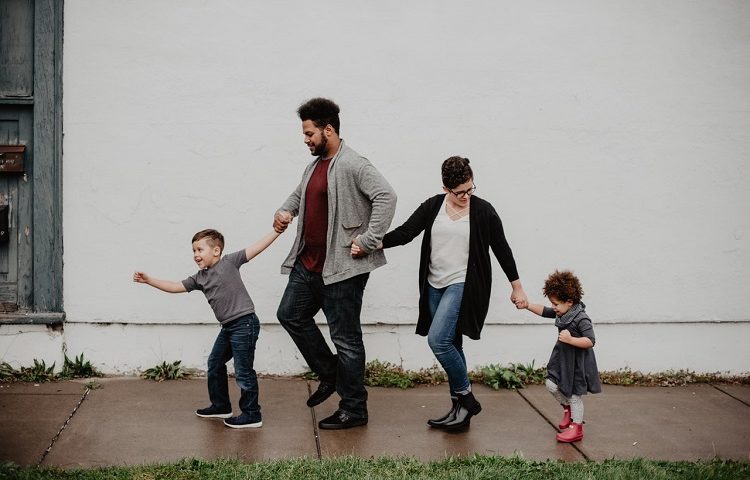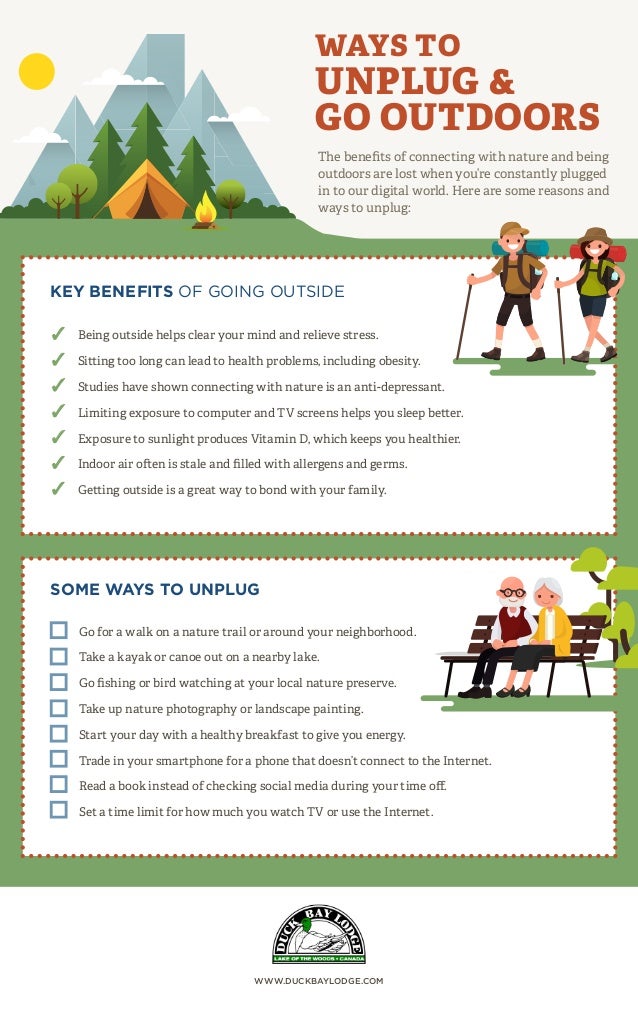Outdoor Safety Tips for Kids

Playing outside is essential to a child’s development. Outdoor play helps kids reconnect with nature, foster a natural curiosity about the world around them, develop healthy physical habits, and even regulate their sleep and eat more healthfully. The numerous benefits of outdoor play have been well documented, yet many parents are hesitant to send their kids outside. Why is this? As many benefits as there are with outdoor play, there are also risks. Here are some ways you can keep your kids safe and still enjoy the outdoor play that your children need.

1. Practice Sun Safety
You may go outside and not think twice about sun exposure, but your children need to be protected. Their skin is far more delicate, and without proper sun protection, they could burn easily.
For babies older than six months, sunscreen is the main defense against sun exposure. Make sure you use sunscreen that is designed for your child’s age, such as sunscreen intended for babies, and choose one with SPF 50 or higher. Re-apply every hour or after water play. You can also help young children and babies avoid sun exposure by dressing them in lightweight clothing that covers the body along with a sun hat. Avoid playing outside between 10 a.m. and 3 p.m. when the sun is the most intense.
2. Practice Water Safety
Make sure your kids are safe around water before you take them to the lake or pool. First, always supervise children well when water is nearby. Remember, it only takes a few seconds for a child to drown. Second, invest in swimming lessons to ensure your child knows what to do around water. Finally, remember that no amount of swimming instruction can protect your child from a water accident, so be vigilant. Insist on a life vest for young children, even if they are strong swimmers, and for all children when you’re playing around a lake or the ocean.
3. Watch for Biting Insects
Sometimes, outdoor play means exposure to uncomfortable elements, like mosquitoes, bees, and other biting or stinging insects. Use kid-safe insect repellant if possible to avoid these nasty bugs. Also, keep kids as covered as possible. Remember, insect bites can carry disease, so bugs are more than just a nuisance.
4. Hydrate
Whether you’re outside doing something non-rigorous, like bird watching, or are taking a long hike, water consumption is equally important. Unfortunately, kids don’t always remember to get a drink until they are past the point of being slightly dehydrated. Keep kids filled with water, not sugary drinks, and remind them to stop for a drink break regularly.
5. Practice Safety Around Outdoor Chemicals and Equipment
The fertilizers, pesticides, rake, lawn mower and other tools you use to keep your yard looking its best can be dangerous for children, warns the University of Illinois. Children are naturally curious about the items their parents use, and they may try to mimic what you’ve done with these items. Keep these items out of reach and locked, when possible. If your garden is fertilized by a professional service, take your outdoor play to another location for the period of time the fertilizer is absorbing into your lawn. This is a great time to visit the lake or take a hike!
6. Inspect Before You Play
Whether the playground at the local park or the balcony in your backyard, always inspect play areas before your children play. For decks, porches or balconies, make sure railings are spaced closely so your child can’t get stuck or fall through. Also, ensure the surface is fairly even for toddlers who are just learning to walk, and watch for splintering surfaces.
For the playground, check for adequate ground cover, like sand, woodchips or pea gravel, underneath the play areas. Then, inspect the playground itself for signs of wear, like rust, that could make it unsafe. Finally, check for problems like exposed screws or other sharp items that could injure your child. If it all checks out, then have a great time playing!
Yes, risks do abound outdoors, but that doesn’t mean your family should avoid outdoor play. Doing so will hinder your kids. Take the time to protect your children, but get outside and make some memories together!



